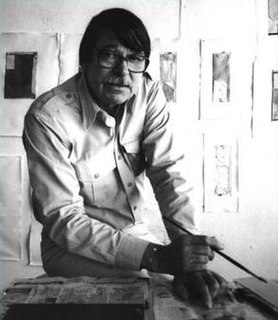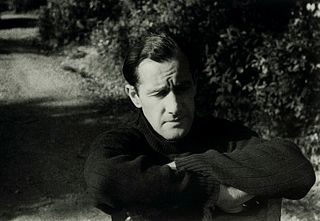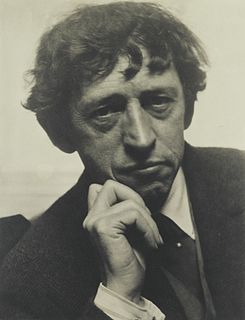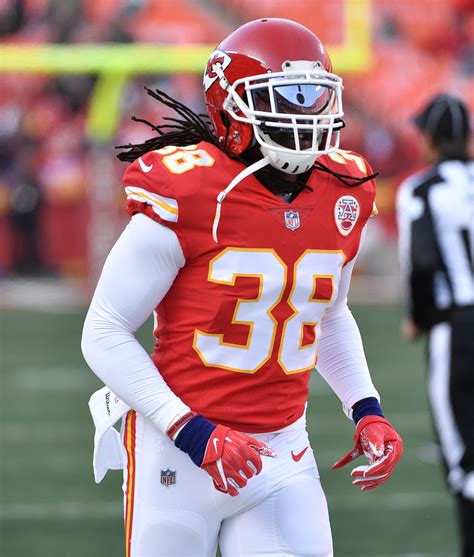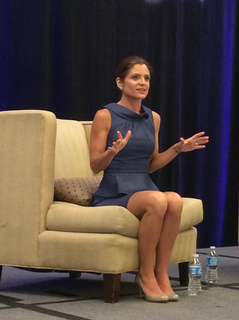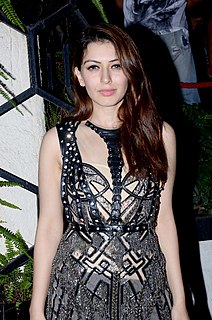A Quote by Keith Shackleton
A good landscape painting is not just a demonstration of competent application of paint. It must offer a feeling of homage to the subject.
Related Quotes
Painting allows me to use other portions of my brain pleasurably. Irony plays no part in what or how I paint. I paint the particular subject matter not to make polemical points but because I am interested in the human imprint on the landscape. I paint the landscape of my time and place with the stuff in it.
Photography has almost no reality; it is almost a hundred per cent picture. And painting always has reality: you can touch the paint; it has presence; but it always yields a picture - no matter whether good or bad. That's all the theory. It's no good. I once took some small photographs and then smeared them with paint. That partly resolved the problem, and it's really good - better than anything I could ever say on the subject.
Sometimes just to paint a head you have to give up the whole figure. To paint a leaf, you have to sacrifice the whole landscape. It might seem like you're limiting yourself at first, but after a while you realize that having a quarter of an inch of something you have a better chance of holding on to a certain feeling of the universe than if you pretended to be doing the whole sky.


